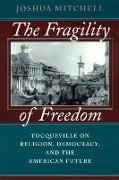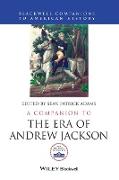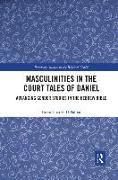The Fragility of Freedom
BücherAngebote / Angebote:
Focusing on Democracy in America, Mitchell examines Tocqueville's key works and argues that Tocqueville's analysis of democracy is ultimately rooted in an Augustinian view of human psychology. Rather than being moderate by nature, human beings are generally drawn in one of two possible directions: either into themselves in brooding withdrawal or into the restive activity of commercial life. For democracy to survive, Tocqueville recognized that its citizens had to navigate successfully between these two extremes of isolation and restiveness. Paradoxically, democracy and its equalizing tendencies seem to foster the very qualities - including ambition and envy - that threaten to undermine the fragile freedom that democracy affords. Mitchell examines Tocqueville's theory that moderation can only be achieved with the help of certain institutional supports. Without them there is neither moderation nor rationality. Tocqueville's crucial insight, Mitchell argues, was that commerce alone cannot hold society together. Our freedom is held together by the mediating institutions of family, religion, and associational life. Analyzing these institutions within the larger contours of Tocqueville's thought, Mitchell shows them to be a particularly American embodiment of the Christian tradition which continues to protect against the inherent instabilities of democracy and invigorate the conditions of equality. He argues that they are as critical now as in Tocqueville's time in safeguarding the continued vitality of democratic life.
Folgt in ca. 15 Arbeitstagen




